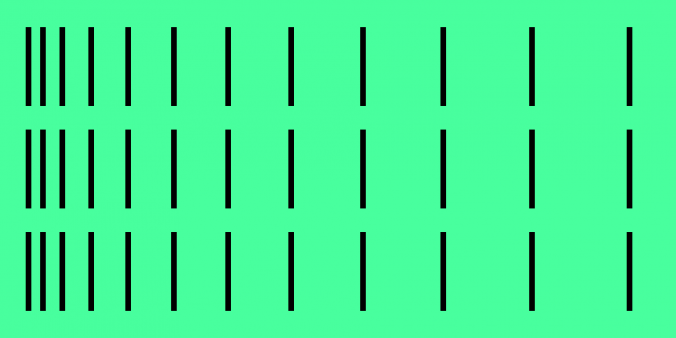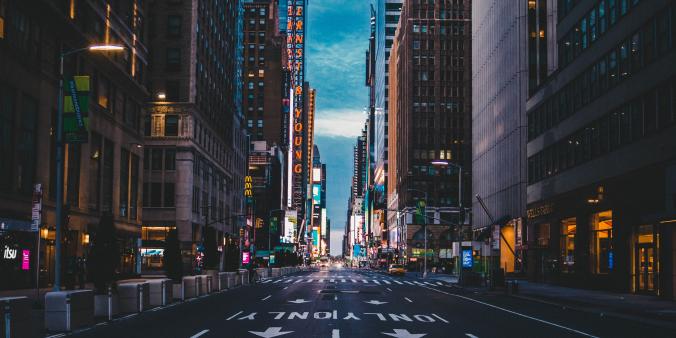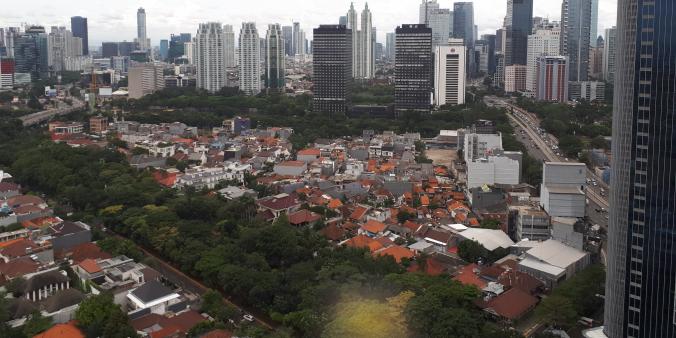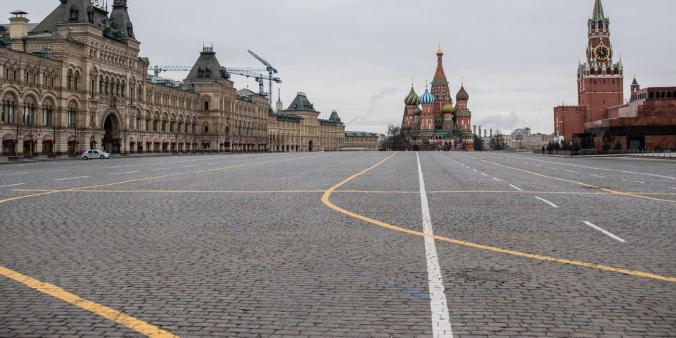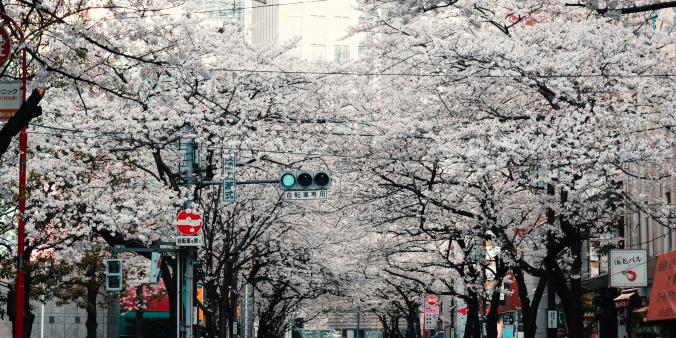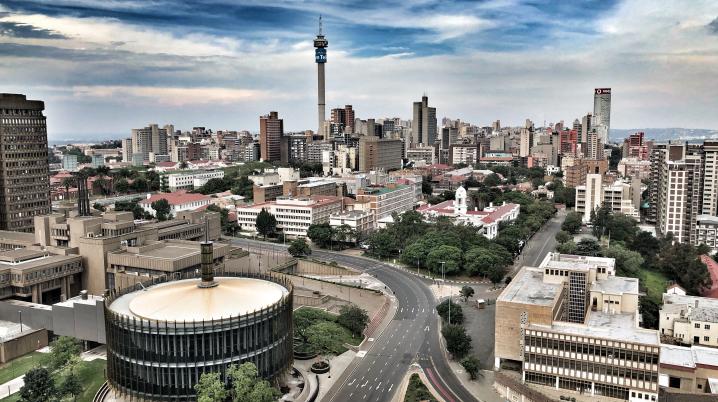
Infected Cities #7: Johannesburg
The seventh episode of Infected Cities about Johannesburg was live on 18 June 2020. Watch the recording here;
Infected Cities
The covid-19 pandemic has an enormous impact on cities worldwide. Especially within areas such as employment, health care, social services and the economy: both now as in the near future. In the fifth program of the Infected Cities series, we will look at how the city of Johannesburg is currently dealing with this pandemic. During this LIVECAST we will have conversations with different experts about the current and future impact of this crisis in Johannesburg. Together with DutchCulture, we will listen to voices of different ‘city makers’ such as artists, creatives, volunteers and their situation. The speakers will give us an insight into their daily works and explain how they commit to making a positive impact during this pandemic.
Africa's economic powerhouse, for some
Johannesburg, the largest and wealthiest city in South Africa, is emerging from one of the most stringent lockdowns seen in the world after recording it’s first coronavirus-related death in March. Most notably there was a ban on cigarettes and alcohol sales in order to promote healthy lungs and minimise the risk of domestic violence, but spawning a underground market in the process. Since early June the lockdown has dialed down from the fifth to the third level; legalising sales of the mentioned products and partially lifting the curfew and movement restrictions. Early June the official numbers state about 1,000 South Africans have died of coronavirus, suggesting an effective policy by the government.
The impact of limitations on personal freedoms are, however, met with great differences. This becomes painfully clear in a society as unequal as post-apartheid Johannesburg, where wealthy and poor areas can be opposites of a street. Especially the ‘townships’ are under pressure, like Soweto which originated as separated residential area for people of color who were not permitted to live in the center of Johannesburg. Such underdeveloped racially segregated urban areas have a lot of people living closely together, often with limited access to sanitary facilities. This makes the area's inhabitants extra vulnerable to coronavirus outbreaks. Moreover, without the ability to work or receive donations, they are uncertain about their next meal.
Globally renowned creative industries
A diverse and evolving city, Johannesburg boasts a vibrant art scene and is a cultural hub in South Africa with a wide variety of art schools and cultural venues. The city is home to an extensive portfolio of public art with works that range from sculptures to murals by internationally renowned artists. It is no surprise Johannesburg has been a breading ground for a globally orientated but South African rooted creative scene spawning a wide range of influential artists.
It is expected the coronacrisis will hit the arts and creative sector of Johannesburg even harder than the sector in other global cities. Mainly because venues for entertainment and the arts will remain closed regardless the lockdown level. It is likely the lockdown will only be completely abandoned when a vaccine or effective treatment will be in place. With the little governmental support for the arts and the long time it could take before restrictions are lifted, the creative scene faces a challenging future.
Speakers
The LIVECAST will be moderated by journalist, media educator and writer Zoë Papaikonomou. The speakers will be;
- Ismail Mahomed, Chief Executive Officer of the Market Theatre Foundation
- Lynsey Chutel, journalist based in Johannesburg
- Bob Meijs, board and co-founder of Afro_Vibes Festival
- Keitu Gwangwa, Head of the Windybrow Arts Centre in Johannesburg
- Niels Posthumus, correspondent for Trouw and Het Financieele Dagblad for South Africa
- Jamal Nxedlana, visual artist based in Johannesburg
- Kirsten Harris, theatre maker, director and arts educator from Johannesburg
The series Infected Cities is developed in collaboration with Pakhuis de Zwijger.

